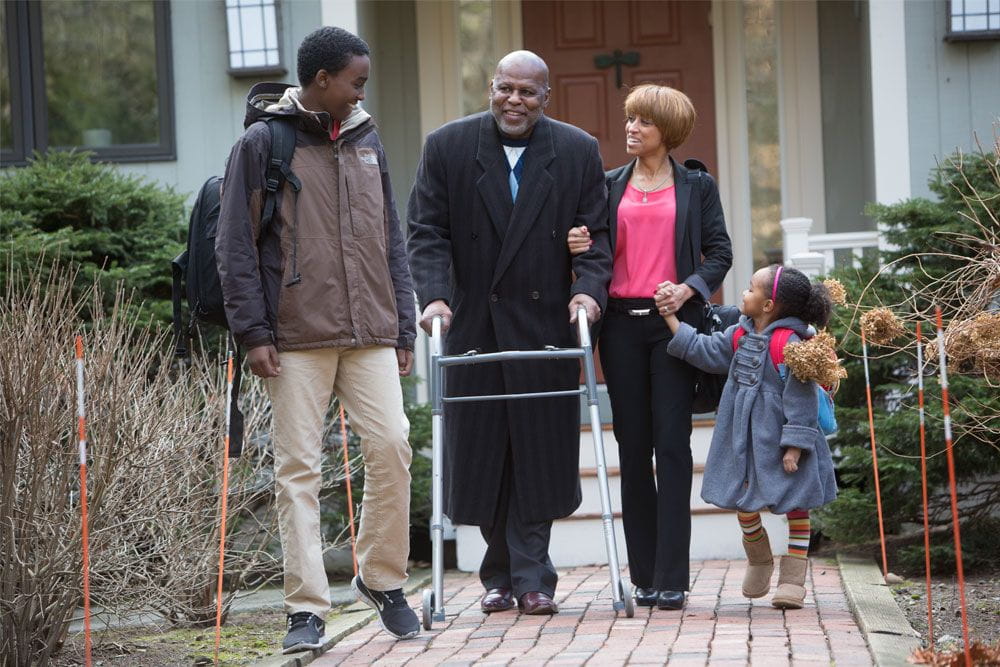Historically, "family-friendly" workplaces have focused heavily on mom-friendly benefits; but times, they are a-changin'. Today, in order to be truly family-friendly, your organization needs to be all-inclusive, no matter how each employee defines "family."
In order to create a truly family-friendly work environment that encompasses and benefits everyone, there are 6 things organizations should focus on.
With today's modern definition of "family," it's time employers embrace an all-inclusive environment.
In order to create a truly family-friendly work environment that encompasses and benefits everyone, there are 6 things organizations should focus on.
1. Watch Your Language
Using words that accurately describe today's modern family makeup is paramount to being all-inclusive. Why? Purely female-focused words - using "mom" instead of "parent," for example, or neglecting those without children - can subtly and unintentionally communicate that benefits aren't for everyone.2. Be Flexible
When it comes to work hours, flexibility is important, and not just for working parents. One employee might need to take a child to the doctor; another might be caring for an elderly parent or taking nieces and nephews to afterschool activities. The need to come into work late, leave early, or step out for an hour or two during the day cuts across all demographics and should be recognized.3. Don't Forget Dad
Working fathers benefit from time with their children, whether that means pick up, drop off, or staying home when a child is sick. In fact, if you ask them (and we did), more than half will tell you work/life balance bests career on their list of worries; many worry about burning out. To avoid the latter, make sure to include dad when communicating about benefits such as dependent care and leave. And when you do, ensure your culture supports the image of a working father as a caregiver.4. Remember the Kids
Families place a heavy value on dependable child care - half of working fathers even said they'd give up an entire week of paid vacation in exchange for a year of it. A family-friendly workplace shouldn't make employees choose between work and family. When employees have access to resources like child care, they'll likely miss fewer work days, be able to focus better on work, and stick with their employer longer-term.5. But It's Not Always About the Kids
Not all dependent care is about children. True benefit equity takes into account those caring for aging parents or other relatives. And in addition to offering eldercare, the option of back-up care - a dependable network of caregivers across the country - can be leveraged to provide employees with peace of mind when pre-scheduled care for children falls through, too. Your employees won't have to pretend that they're sick or lie to their managers, which 31% and 23%, respectively, admit to doing when they need to step in as caregiver during the work day.6. Calm College Jitters
It's important to remember that employees' children grow up. There will come a time when child care and back-up care won't be relevant for them anymore. However, as children get older, your employees will face new challenges, like helping their children apply to college and figuring out how to pay for it. A study done by Horizons Workforce Consulting revealed that 77% of employees are stressed about the college application process, while 87% are stressed about paying for their child's education. Employers who offer educational advising and assistance are inclusive of more than just early life stages.With today's modern definition of "family," it's time employers embrace an all-inclusive environment.





